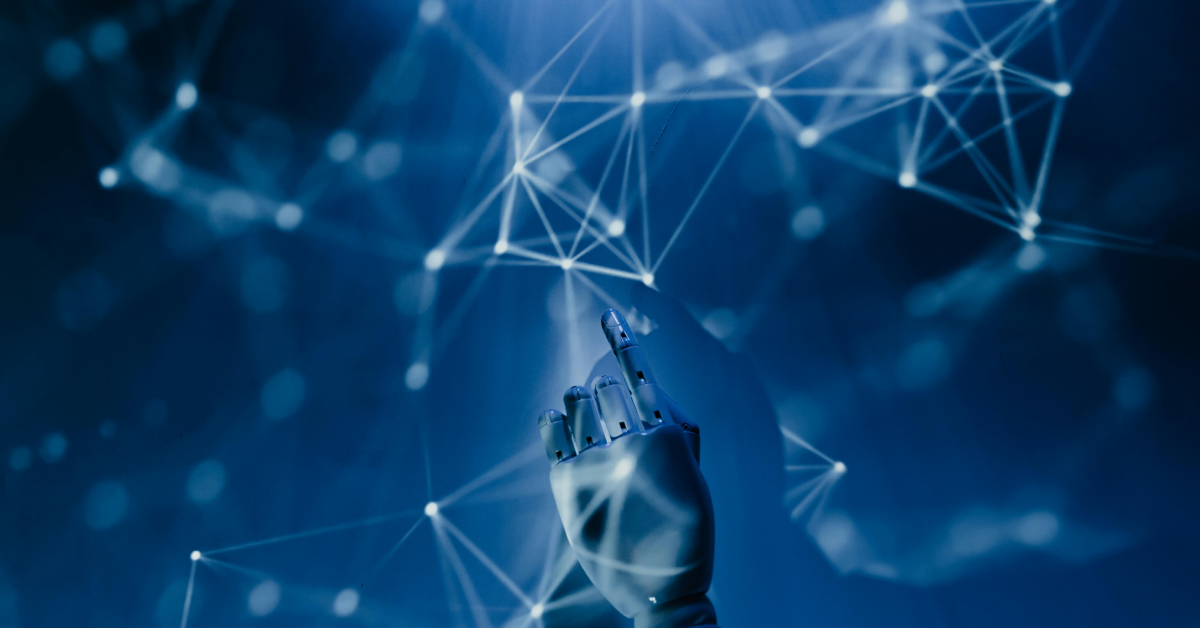One of the most significant advantages of the use of AI in dispute resolution lies in its capability to handle large volumes of data swiftly and accurately. Leveraging machine learning algorithms, AI systems can sift through immense datasets, including legal precedents, case laws, contracts, and other pertinent documents, in a fraction of the time it would take a human counterpart. This enables parties to gain valuable insights into the strengths and weaknesses of their cases, empowering them to make informed decisions and potentially facilitating early settlement negotiations.
Moreover, AI-driven predictive analytics hold immense potential in forecasting the likely outcomes of disputes based on historical data and case similarities. By analyzing past rulings and judicial decisions, AI algorithms can provide parties with a realistic assessment of their chances of success in litigation, thereby enabling them to weigh their options and pursue the most favorable course of action.
Additionally, AI-powered virtual assistants and chatbots are transforming the way parties access legal information and guidance during the dispute resolution process. These virtual artificial intelligence dispute resolution agents offer instant responses to queries, assist in drafting legal documents, and even facilitate online mediation sessions, democratizing access to justice and extending the reach of ADR services to a broader audience.
Another compelling aspect of using AI in legal work is its potential to enhance procedural fairness and impartiality. Unlike human arbitrators or mediators who may be susceptible to biases or subjectivity, AI systems operate on predefined algorithms and objective criteria, ensuring consistency and fairness in decision-making processes. This not only enhances the credibility of ADR mechanisms but also fosters trust and confidence among the parties involved.
Furthermore, AI-powered data analytics can identify trends and patterns in dispute resolution processes, enabling policymakers and stakeholders to make informed decisions regarding policy formulation, resource allocation, and systemic improvements. By harnessing the insights gleaned from AI technologies, ADR organizations can optimize their operations, streamline workflows, and enhance the overall efficiency and efficacy of their services.
However, the use of artificial intelligence in dispute resolution has its challenges and ethical considerations. Safeguarding sensitive information in ADR processes necessitates robust data protection measures to uphold confidentiality and privacy rights. Moreover, striking a balance between AI-driven efficiency and preserving the human element, such as empathy and understanding, presents a nuanced challenge in AI-enabled ADR.
By embracing AI-driven innovations, ADR organizations can embark on a transformative journey towards a new era of efficiency, effectiveness, and equity in resolving disputes, thereby advancing the cause of justice in the digital age."
keywords: use of artificial intelligence in adr, use of ai in legal work, artificial intelligence resolution

